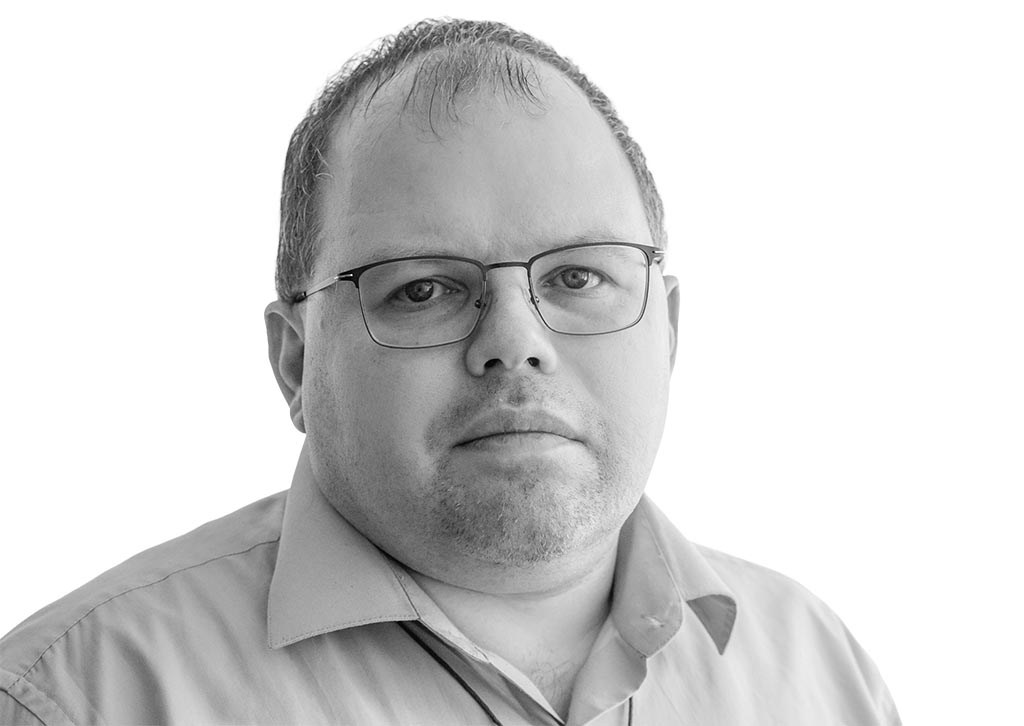By: Gašper Blažič
The traditional annual ceremony at the Russian Chapel in Vršič was a little less pompous this year, but it was not without scandals. And speaking of scandal (stumbling block), the last boss of the Communist Party, Milan Kučan, is a kind of personification of all these scandals with his presence.
The Russian chapel in itself is not controversial. It was built in memory of the dead prisoners of war from Tsarist Russia who were building a road there during the First World War. Among these prisoners there were many Ukrainians and members of other nations. Therefore, the Russian Chapel should first of all be a symbol of reconciliation between the East-Slavic nations (Russians, Belarusians, and Ukrainians), who have a common ruling father in St. Vladimir of Kyiv, the ruler of the so-called Kievan Rus’, from where Christianity spread to the east. In this way, the chapel connects these nations with Slovenians and communicates its clear NO to wars, aggression, and imperialism. So, to everything that Russian autocrat Vladimir Putin now personifies, not only with the military campaign against Ukraine, but also with despotic rule. And finally, just a little after the death of the Russian prisoners, at a time when the First World War was still raging, messages from heaven came from Fatima, which were later recognised by the Church – and it was Mary’s order for the consecration of Russia, which happened very late (only in 1984) and it should be restored. Mary predicted that many errors would come from Russia. She did not speak directly about Bolshevism. However, in the same year there was a bloody revolution that brought Lenin and his soldiers to power. And as we know from history, this kind of communist imperialism left behind millions of victims, even more than later Nazism.
But these errors that came out of Russia were not really communism. Communism was their consequence. We can agree with the historian Barbara Farrah (her words are summarised in the latest issue of the Herald of the Queen of Peace) that this fallacy was in fact modernism. However, the meaning of this word is quite elusive, it can be explained here as man’s rebellion against God, a kind of new, perverted theology that proclaims that sin does not exist. The famous American bishop Fulton Sheen also warned about this. The Russian Bolshevist project incorporated all these errors into its system and developed an atheistic state with a perverted saying of Dostoyevsky, saying that there is no God, everything is permitted. If we exclude the highest good, then everything is relative and human dignity does not exist either. These modernist errors were completely taken over by the West in a slightly different way, and today they are offered as a kind of new salvation paradigm, which could be characterised by the well-known line from one of Iztok Mlakar’s compositions “blind eyes, there is no more God, no more sin”. If we look at the Russian autocrat Putin, we can see that he himself is not concerned with ideology. Here and there he even shows his affiliation with Christianity. However, his mode of operation is completely modernist-Bolshevik, as he has actually crowned himself a (G)god.
We can otherwise agree with this year’s conciliatory messages of the Society Slovenia Russia on piety. From the cultural point of view, it is not a sin to be a “Russophile”, because this does not necessarily mean support for Putinism. However, it is much more difficult to understand Kučan’s ambiguous statements, such as: “Why later this ceremony got a political symbol, why it was appropriated by politics, why it became commercialised, that is, of course, another question. But this year is an opportunity for it to return to what it once was – to the reverent memory of the tragedy that happened.” First of all, Kučan “forgot” to say whose policy privatised the Russian Chapel and who in the past hung out at Vršič. Among its visitors six years ago was also Putin, who was received with all honours by then Prime Minister Miro Cerar accompanied by Foreign Minister Karl Erjavec. And this two years after Russia started a campaign of conquest in Ukraine, twenty years after the (also Russian) signing of an international agreement that guaranteed Ukraine the inviolability of its borders in exchange for giving up nuclear weapons. Boris Yeltsin also signed this agreement on behalf of Russia. The question is whether Putin would do the same. In any case, Kučan’s moralising about the politicisation of the Russian Chapel is deeply perverted – also because of the statements that Kučan gave to the media shortly after the start of Putin’s armed aggression against Ukraine. This was, of course, only the next step after the six-year covert aggression that began after the expulsion of the then pro-Kremlin Ukrainian ruler, Viktor Yanukovych. And let’s not forget Putin’s other incursions, for example into Georgia in 2008. At the same time, the West continued to repeat the mistakes of Chamberlain’s quasi-pacifism.
But it must be admitted, Kučan’s statements are a clear enough indication of why we now have a “feathered” government in power…

